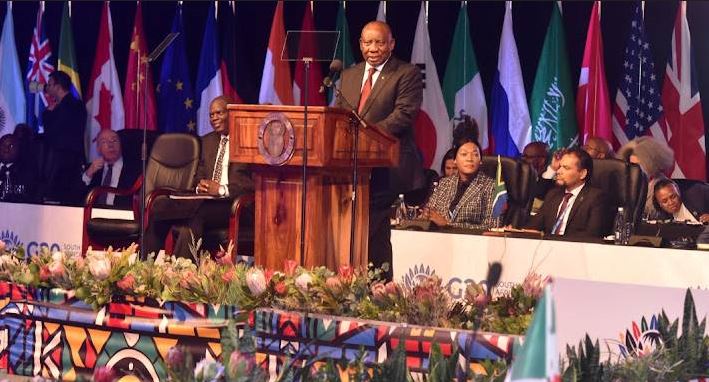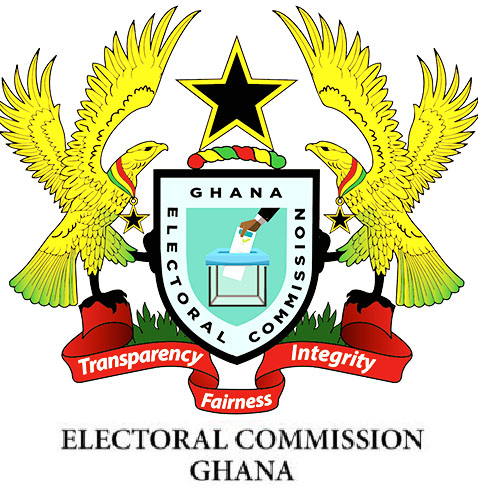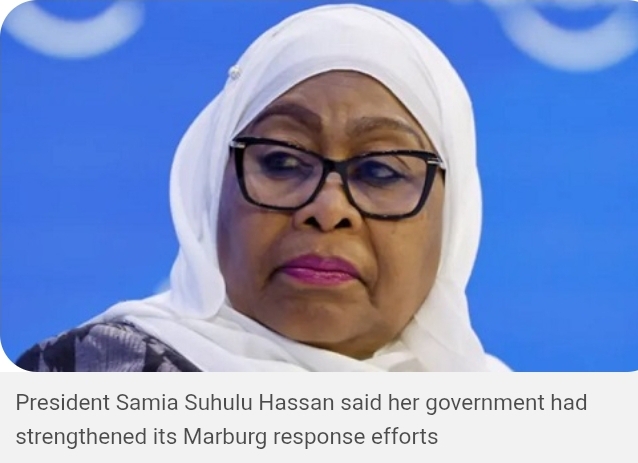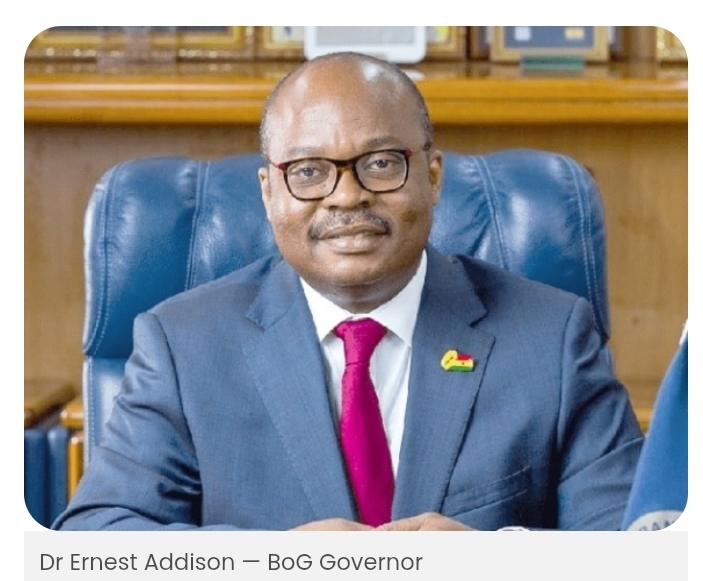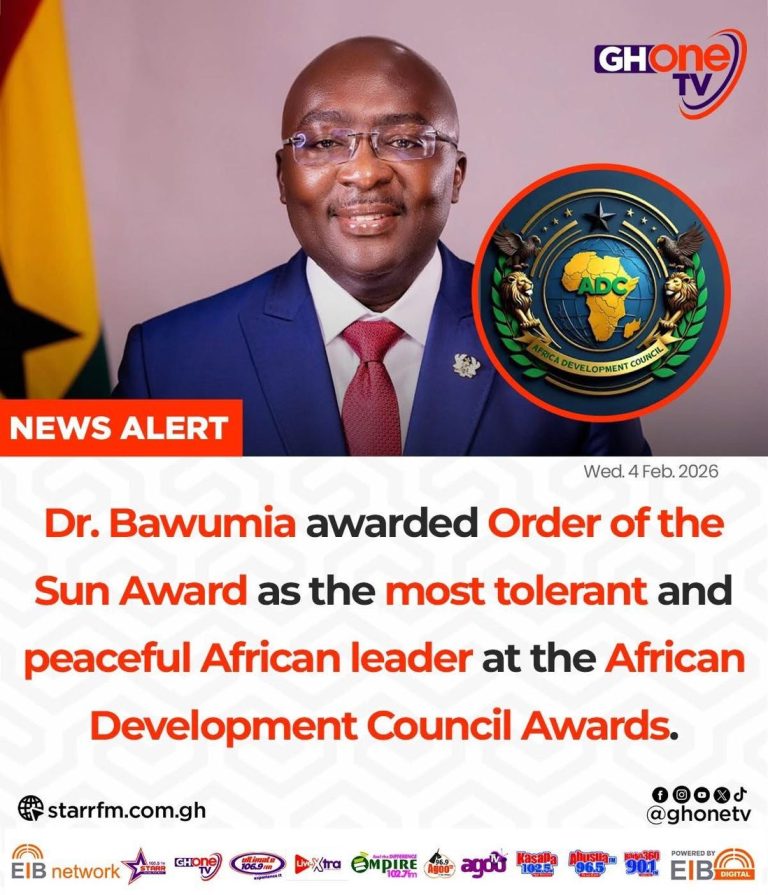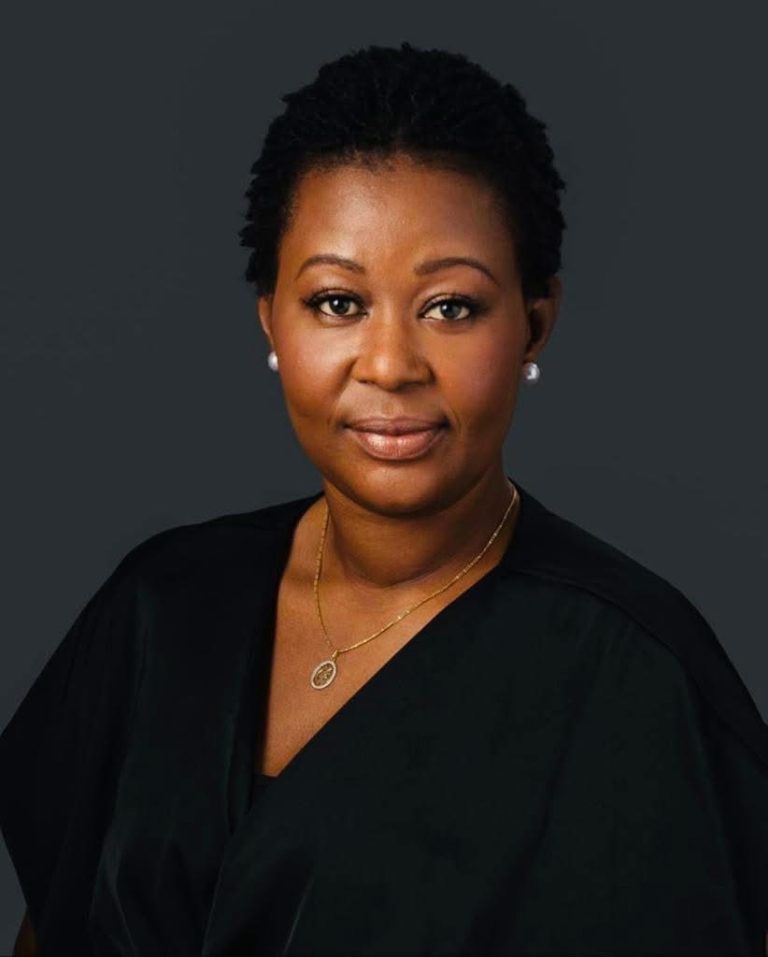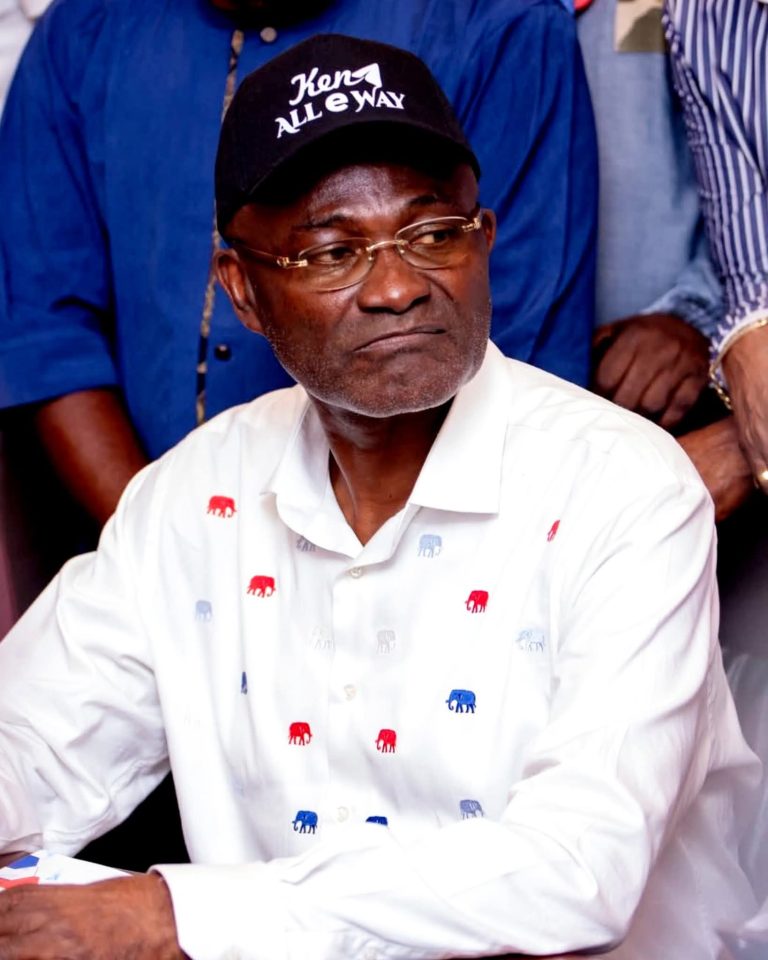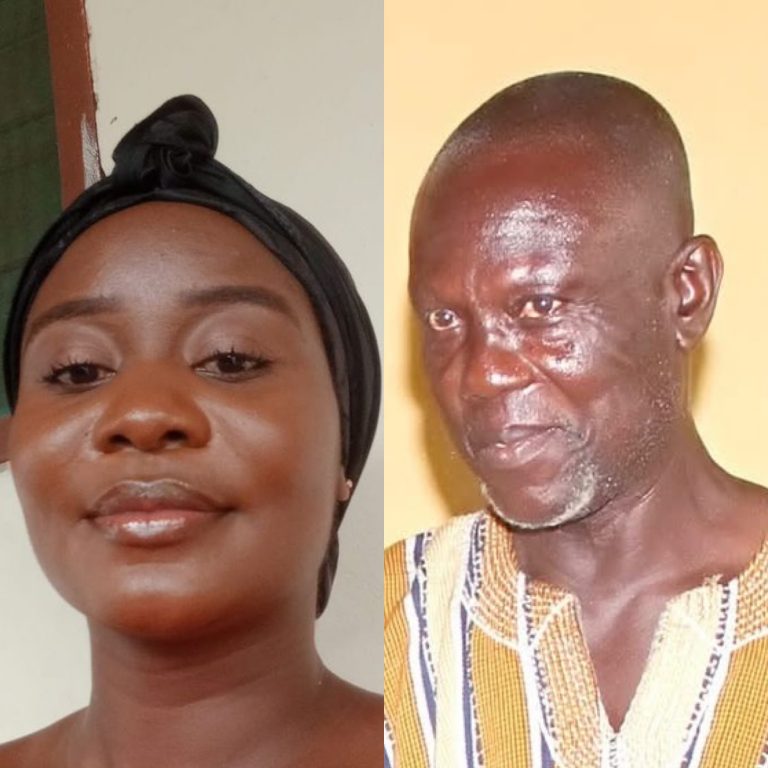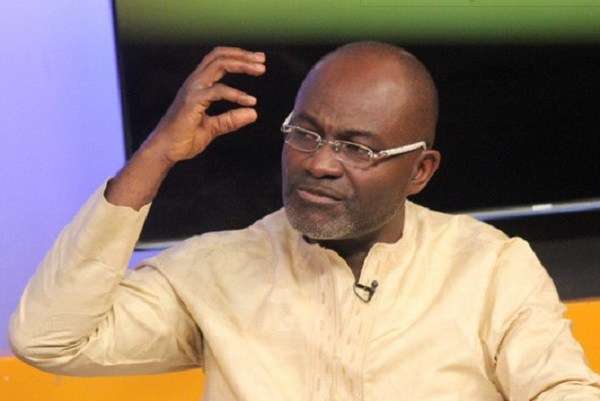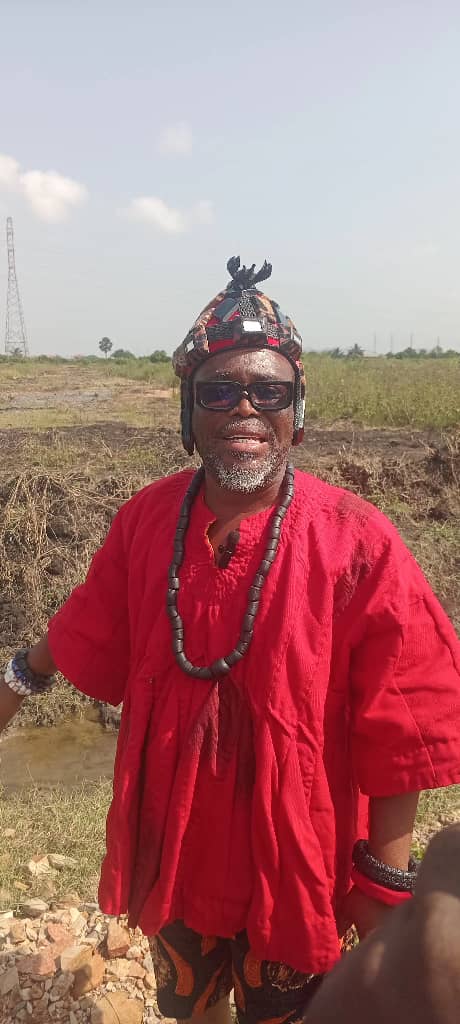In a historic gathering, South Africa hosted the first G20 foreign ministers meeting on February 20, 2025, in Johannesburg, marking the first time the event has taken place on the African continent. The meeting, which brought together top diplomats from the world’s largest economies, was opened by South African President Cyril Ramaphosa, who called for “cooperation” in light of rising geopolitical tensions and intolerance.
President Ramaphosa stressed the importance of adhering to the principles of the UN Charter, multilateralism, and international law, stating that these should serve as the foundation for global collaboration. He highlighted the various challenges facing the world, including conflicts, climate change, pandemics, and food insecurity, which threaten global stability.
But US Secretary of State Marco Rubio decided to skip the meeting, denouncing a land law enacted in South Africa last month.
The law allows the state to seize land even without compensation in some cases. South Africa’s government says it helps rectify the situation in which the country’s white minority owns most private land as a legacy of past colonial occupation and the system of racial discrimination known as apartheid.
US President Donald Trump signed an executive order this month to freeze aid and assistance to South Africa.
The US government plans not to send Treasury Secretary Scott Bessent to a meeting of G20 finance ministers and central bank governors in South Africa next week.
Despite this, Ramaphosa downplayed the significance of Rubio’s absence, asserting that the United States was still represented at the meeting.
“US Secretary of State Marco Rubio’s decision to skip the G20 foreign ministers meeting in South Africa on Thursday was not a “train smash” or a boycott”, President Cyril Ramaphosa said.
The G20, which includes 19 countries along with the European Union and the African Union, is currently divided on several key issues, including Russia’s war in Ukraine and climate change responses. Ramaphosa urged the group to advocate for diplomatic solutions to conflicts and emphasized the need for constructive engagement to find common ground.
The meeting served as a precursor to the upcoming G20 summit in November and featured participation from notable diplomats, including Russian Foreign Minister Sergei Lavrov and his counterparts from China and India, as well as European officials.
In his opening remarks, Ramaphosa highlighted the opportunity for Africa to be heard on critical global issues such as sustainable development and the transition to green energy. He called for increased resilience to climate disasters and improved debt sustainability for developing nations.
However, tensions within the group were evident, as a planned family photograph was canceled due to some countries’ reluctance to be photographed alongside Lavrov. The discussions also focused on the importance of maintaining multilateralism during turbulent times, with EU officials emphasizing the need for unity among member states.
As the meeting concluded, the G20 foreign ministers reaffirmed their commitment to cooperation and dialogue, recognizing the challenges ahead and the necessity of working together to address them.

